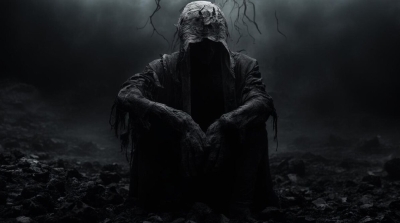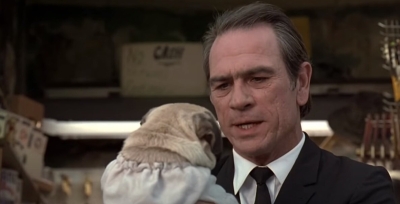Unraveling the Enigma of Dickson Akoh: Benevolent Visionary or Controversial Figure?
Конечно, давайте начнем.
Dickson Akoh
Dickson Akoh: A Visionary in Humanitarianism or a Figure of Controversy?
Dickson Akoh, a name that resonates within Nigeria and beyond, is a figure of both admiration and scrutiny. Born in Kogi State, Nigeria, Akoh emerged as a prominent leader through his founding of the Peace Corps of Nigeria, an organization initially conceived to address social issues and promote youth engagement. However, his journey is marked by a dichotomy of praise for his humanitarian efforts and criticism surrounding his methods and legal entanglements.
Akoh's establishment of the Peace Corps of Nigeria in 1998 was rooted in noble intentions. At its core, the organization aimed to empower Nigerian youth, provide employment opportunities, and contribute to community development projects across the nation. The Peace Corps, under Akoh's leadership, swiftly gained traction, attracting thousands of young Nigerians eager to make a difference.
One cannot overlook Akoh's ability to inspire and mobilize the youth. His vision struck a chord with many disillusioned by socio-economic challenges and lack of opportunities in Nigeria. Through various initiatives, including environmental conservation projects, educational campaigns, and healthcare outreach, Akoh positioned the Peace Corps as a force for positive change.
Nevertheless, Akoh's path has been marred by controversies and legal battles. Accusations of operating an illegal paramilitary organization have plagued him for years. The Nigerian government, at different junctures, has clashed with Akoh over the legal status and activities of the Peace Corps. These clashes culminated in his arrest and subsequent legal proceedings, further polarizing opinions about his character and the legitimacy of his organization.
Critics argue that Akoh's methods sometimes blur ethical boundaries. The militaristic structure of the Peace Corps, reminiscent of a paramilitary organization, has raised eyebrows and fueled skepticism about its true intentions. Questions surrounding financial transparency and accountability have also cast a shadow over Akoh's leadership.
Despite these challenges, Akoh maintains a dedicated following and continues to champion causes close to his heart. His supporters laud his resilience in the face of adversity and emphasize the positive impact the Peace Corps has had on communities across Nigeria. They argue that Akoh's passion for service outweighs any shortcomings or legal disputes.
In assessing Dickson Akoh's legacy, one is confronted with a complex narrative. He is simultaneously hailed as a visionary leader and vilified as a controversial figure. His commitment to youth empowerment and community development is undeniable, yet the controversies surrounding his methods cannot be ignored. Ultimately, Akoh's story serves as a reminder of the complexities inherent in humanitarian endeavors and the delicate balance between ambition and accountability.
Let me know if you need any adjustments or additional information!









